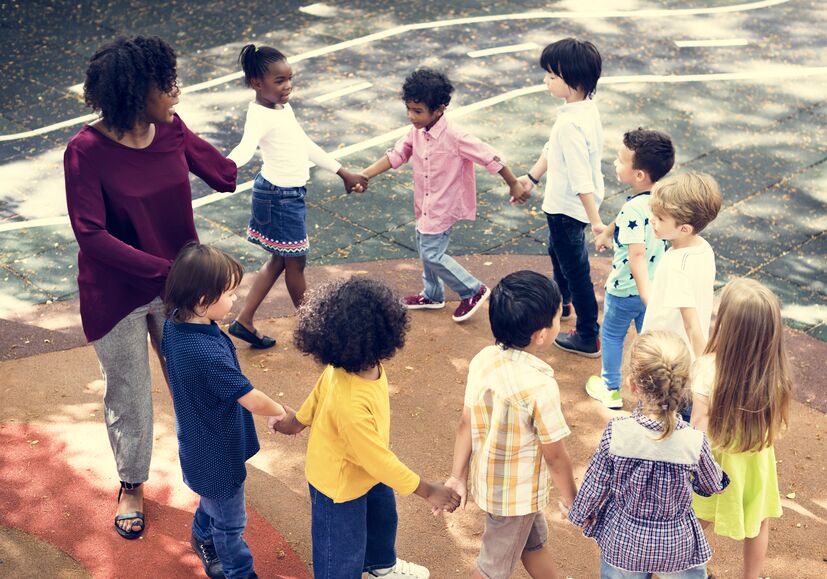
In this blog, you will learn some recommendations of what key lessons from Martin Luther King, Jr. to teach to young children, and see a book list of children's books about MLK, Jr. and the Civil Rights Movement.
When it comes to young children, teaching involves finding age-appropriate but important aspects of subjects to instill in children. It may seem that the history of the Civil Rights Movement and the journey of Dr. King, Jr. and his work to erase segregation and injustice may be big and complex for little learners.

The fundamental lessons of Dr. King’s legacy, however, are lessons that we can share with young children:
It’s never too early to begin teaching and guiding children towards empathy and understanding, not only of their own emotions, experiences, and perspectives, but those of others as well.
Even when we can’t fully empathize with another person’s experiences, having never gone through them ourselves, we can learn to be open to listening to others’ experiences and let them know that we hear and recognize them.
We may not fully be able to understand, but we can take in new information, listen to different perspectives, learn from others, and direct this new knowledge inwardly to shift how we exist and navigate our world.
This may seem like a lot to ask a small child to digest, but when we make it a part of children’s everyday lives as we model for and guide them in empathy and compassion, it can become one of the most important muscles they build.
Reading stories together about Dr. King’s life and work, opens the doors to understanding and to opportunities for a wonderful discussion of how to honor his legacy by looking to ourselves and the impact we can make on others and on our world - no matter how small that world might be.
Here are some of our favorite books to read and share about Dr. King, Jr. and civil rights:

Looking for books representing black voices? Check out this list of books representing black voices!
These Posts on Book List
Housman Institute, LLC
831 Beacon Street, Suite 407
Newton, MA 02459
info@housmaninstitute.org
(508)379-3012
Explore
Our Products
Legal
Connect
Contact
Join our Mailing List!
Subscribe to receive our newsletter, latest blogs, and ECSEL resources.
We respect and value your privacy.
No Comments Yet
Let us know what you think